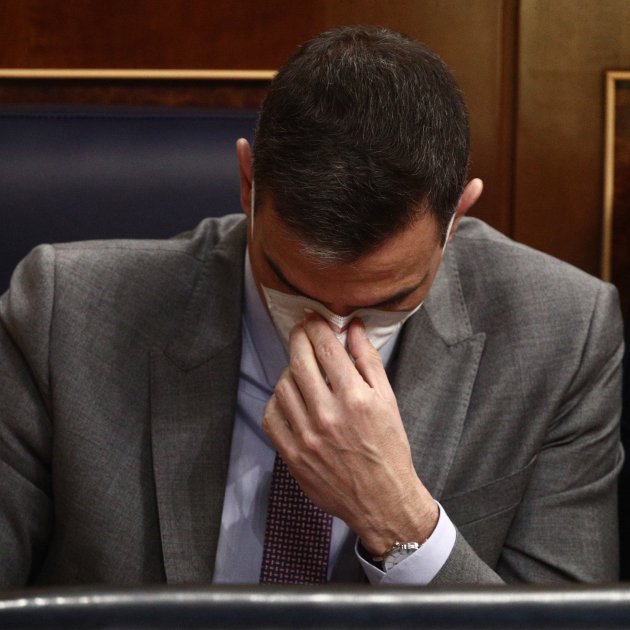The post-Covid recovery plan presented by the Spanish government promises huge investments in many areas of the economy and thus proposes a route allowing Spain to emerge from the economic crisis caused by the pandemic. However, the plan has several shortcomings and difficulties in the way it distributes the more than 49 billion euros it aims to pour into the economy in the coming years, according to EsadeEcPol, a public-policy thinktank created by the business school Esade.
According to the think tank report, Pedro Sánchez's plan has two major shortcomings: a lack of specificity in key areas, such as pensions, the labour market, public administration, green taxation and the internal market; and a lack of ambition in the field of human capital, from non-university education to the poor execution of the R&D budget.
EsadeEcPol warns that just throwing money at problems will not work: "a strong investment commitment and timid reforms are not enough. In some areas it will be necessary to change the incentives to economic agents through far-reaching structural reforms."
Moreover, says the think tank, the Sánchez government's plan fails to propose reforms to pensions, which would "allow progress towards sustainability and not burdening future generations with more debt". Nor are there any reforms in the area of market unity. The report adds that labour market proposals contain many ideas "that have proven not useful in the past", while progress is also negligible in the area of depoliticization of institutions and appointments, independence of regulatory bodies and modernization of the civil service career.
In addition, the report also detects two major problems in executing the entire plan, which will mobilize more than 49.7 billion euros in the coming years. The first problem is the "excessive opacity" of the selection processes for the projects and investments to which the funds will be allocated, which could favour consolidated market players and not "the most innovative". The second major problem that is detected is an “insufficient commitment” to the culture of evaluation and accountability.
Finally, it is also detected that one of the main difficulties in implementing the whole plan will be "the shared assumption of responsibilities" by the different actors that must participate in the execution, as not enough has been devolved to Spain's autonomous communities, the city councils or the representatives of the civil society.
Despite these shortcomings and weaknesses in the plan presented by Sánchez, it should also be noted that it has positive aspects and the report highlights three. Firstly, the success in diagnosing the ills of the Spanish economy, secondly the match with the priorities established by Brussels and lastly the disappearance of some "regressive reforms" which have been widely questioned in recent years in Spain.
